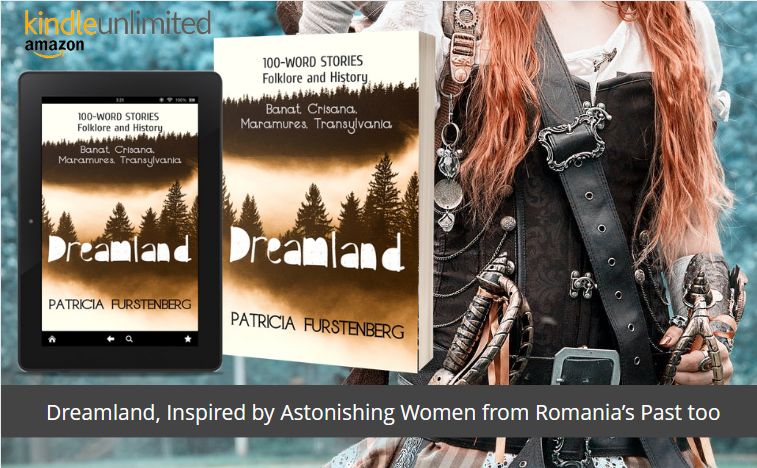I write with the hope that readers, while looking for a captivating and interesting read, a way to unwind and pass the time, will also find a novel that addresses their mind and their humanity, a book that speaks to their heart.
Continue reading “What I Hope Readers Take from my Books”Emperor Aleodor, Romanian Folktale, The End
Emperor Aleodor, Aleodor Imparat, is a Romanian folktale gathered by Romanian folklorist and writer Petre Ispirescu in 1875 and translated into English in 19th by historian and linguist Robert Nisbet Bain. I did very little to edit Nisbet Bain’s skillful translation. I liked his choice of early modern English, I thought it gives Emperor Aleodor a charming old-fashioned patina.
Read part one here and part two here.
The Journey of Initiation in Romanian Fairy Tales #Im4Ro
A strong sense of the place, a memorable, relatable character, a journey of initiation we are eager to follow – are the markings of retellable Romanian fairy tales.
Romanian folk tales are filled with active characters involved in amazing journeys. Perhaps an influence of the millennial transhumance and of a local history forged in battles, seen through the Romanian metaphysical view on religion, what better way to explain the connection between the sacred and the profane but through stories?
Continue reading “The Journey of Initiation in Romanian Fairy Tales #Im4Ro”Emperor Aleodor, Romanian Folktale, part 2
Emperor Aleodor, Aleodor Imparat, is a Romanian folktale gathered by Romanian folklorist and writer Petre Ispirescu in 1875 and translated into English in 19th by historian and linguist Robert Nisbet Bain. I did very little to change Nisbet Bain’s skillful translation. I liked his choice of early modern English, I thought it gives Emperor Aleodor a charming old-fashioned patina. Read part one here.
Continue reading “Emperor Aleodor, Romanian Folktale, part 2”Emperor Aleodor, Romanian Folktale #Im4Ro
Emperor Aleodor, Aleodor Imparat, is a Romanian folktale gathered by Romanian folklorist and writer Petre Ispirescu in 1875 and translated into English in 19th by historian and linguist Robert Nisbet Bain.
Continue reading “Emperor Aleodor, Romanian Folktale #Im4Ro”




